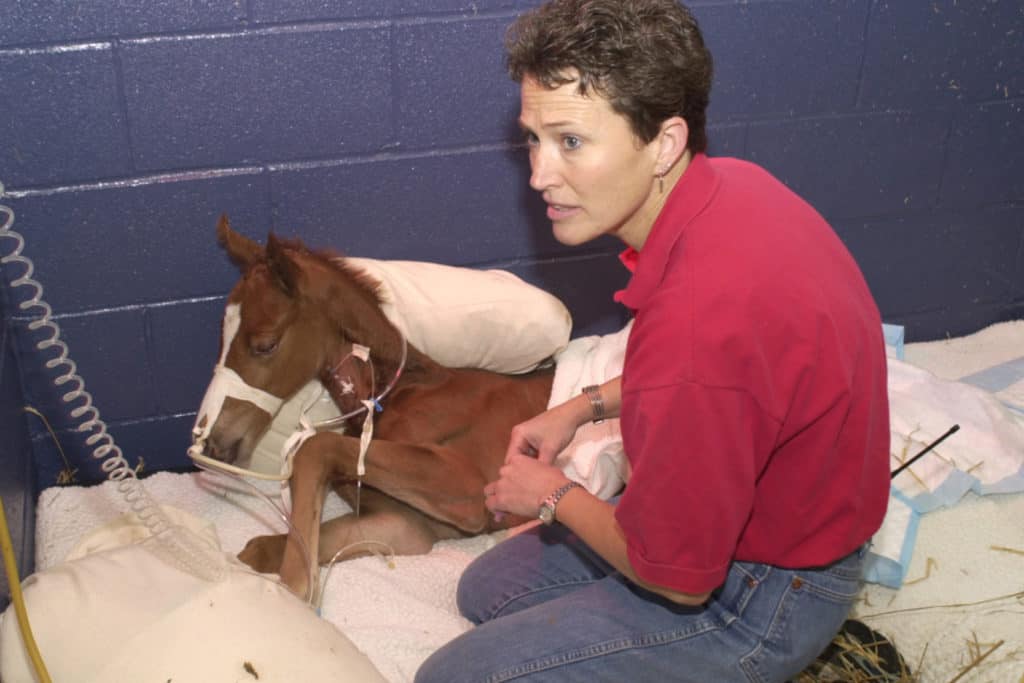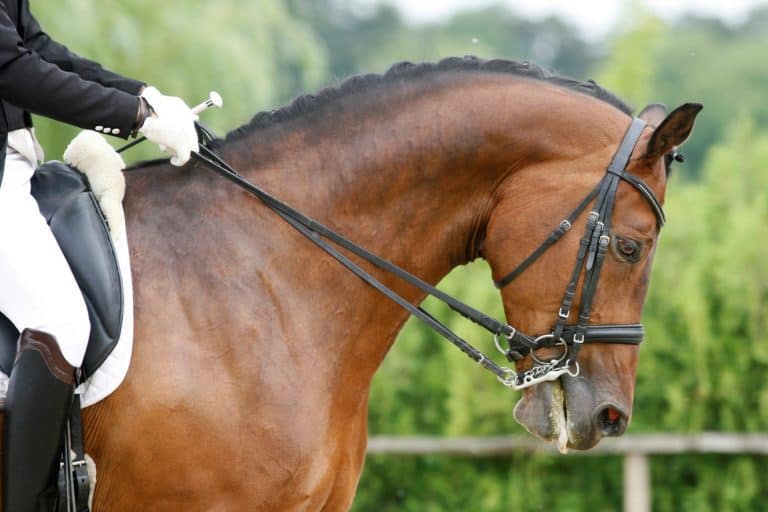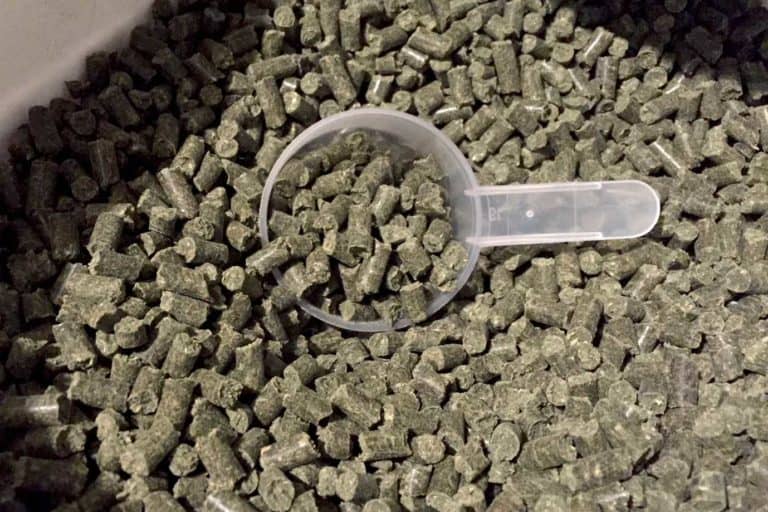R. equi Immunity and the Foal (AAEP 2010)
Although about 30% of foals that develop Rhodococcus equi foal pneumonia do not survive, the majority of foals can be treated successfully and proceed with a normal life. But why is it that only foals are affected by this respiratory disease?





















